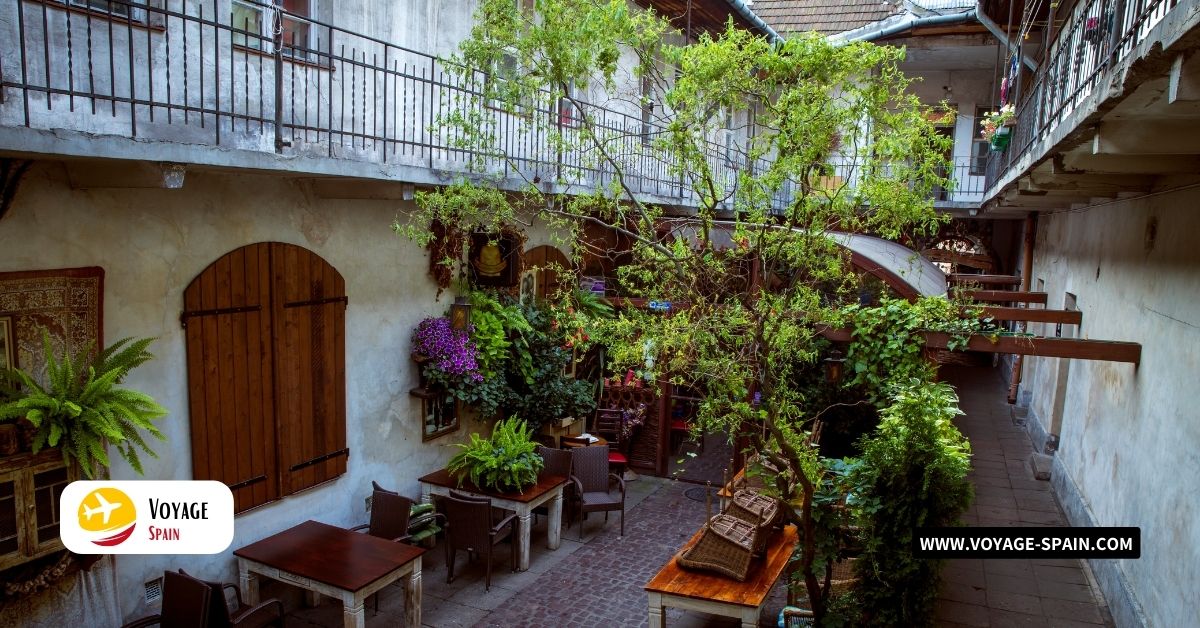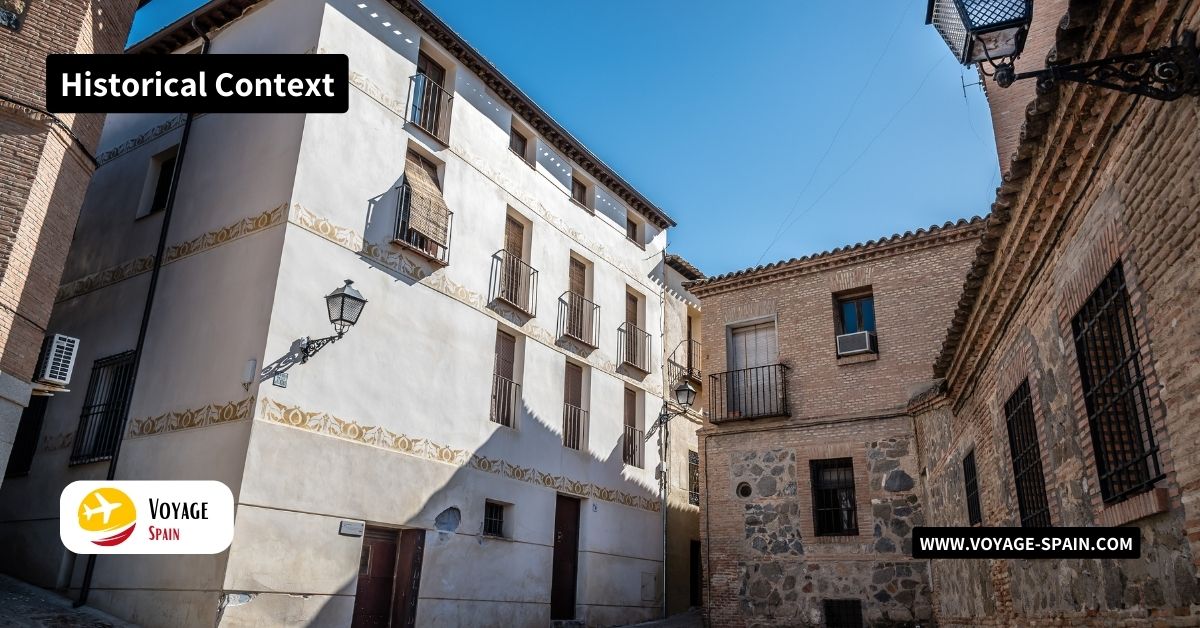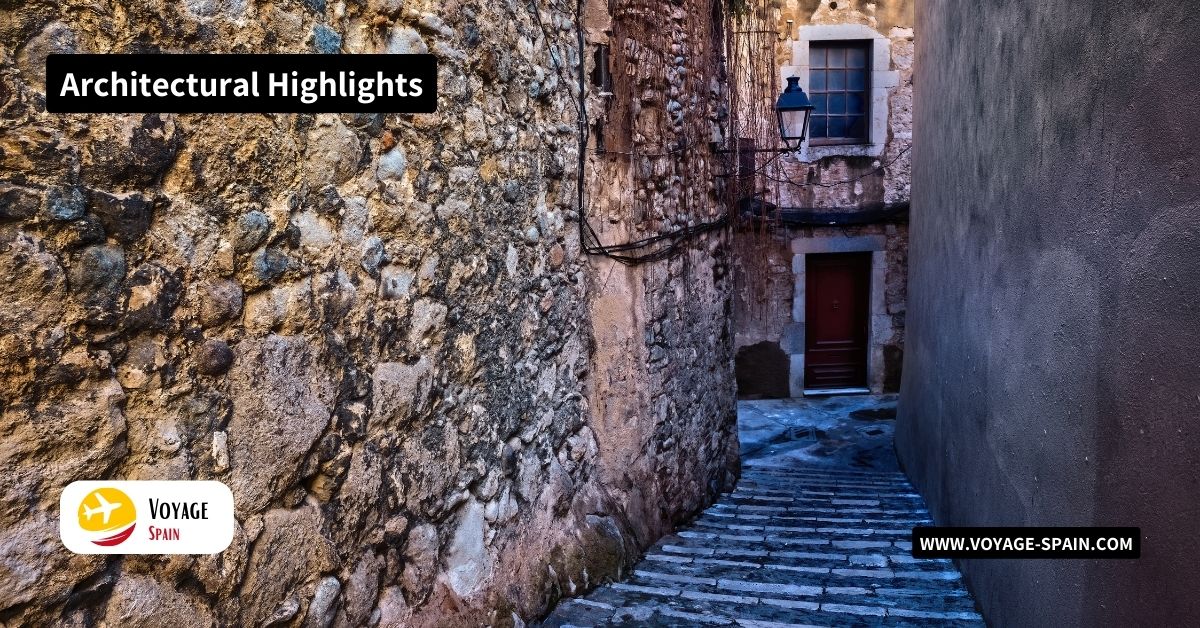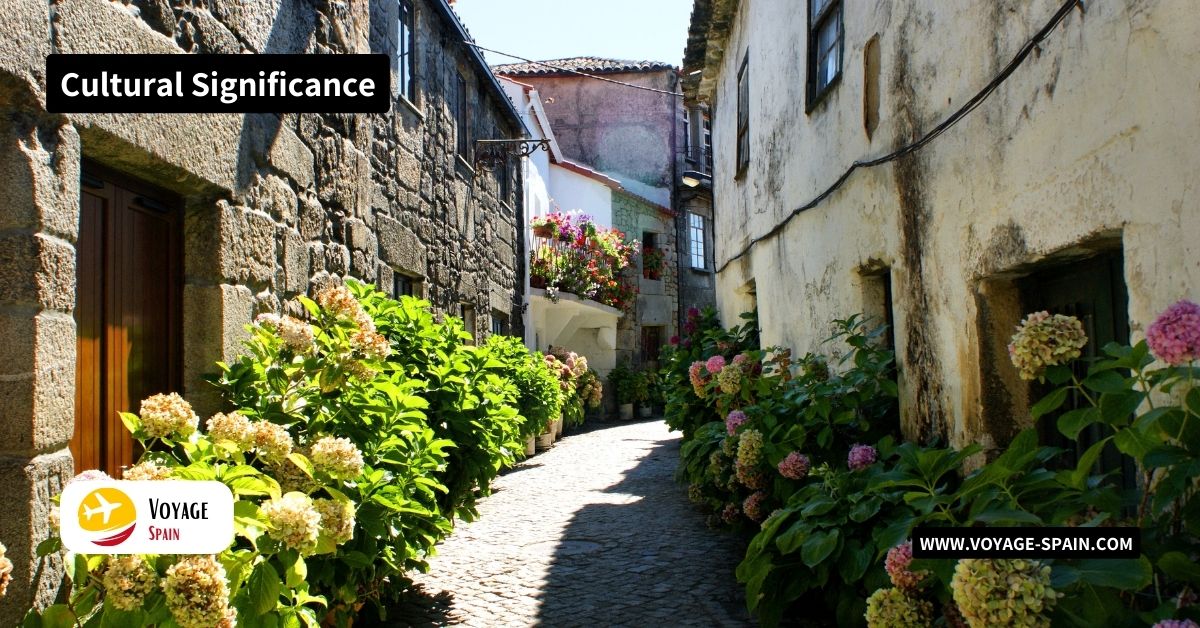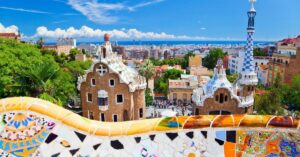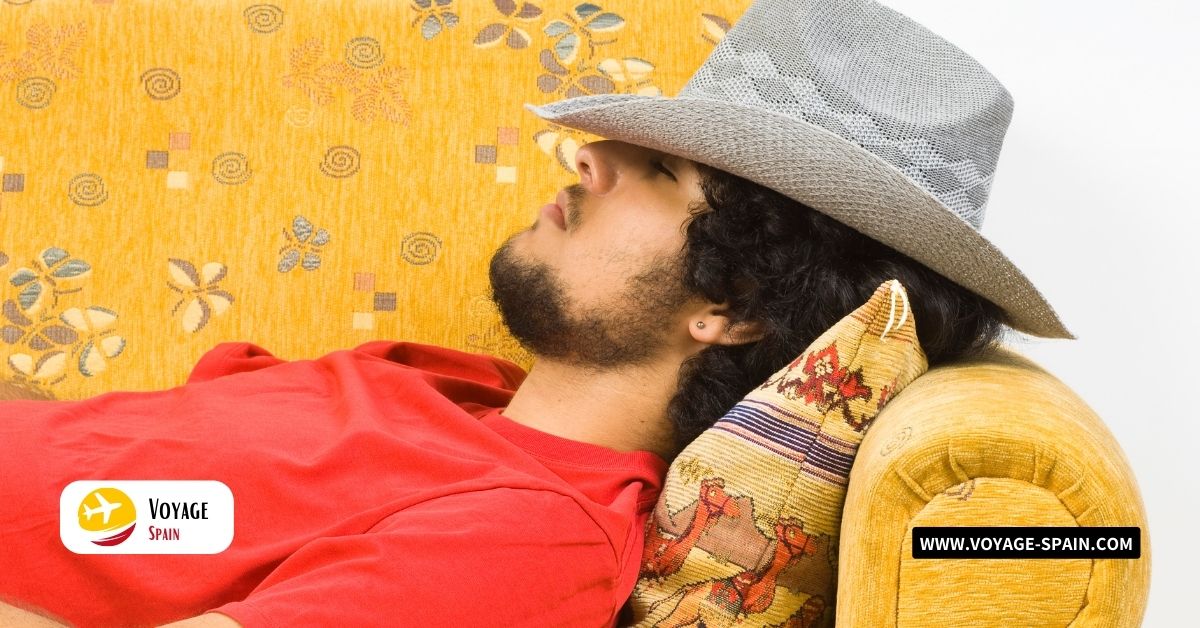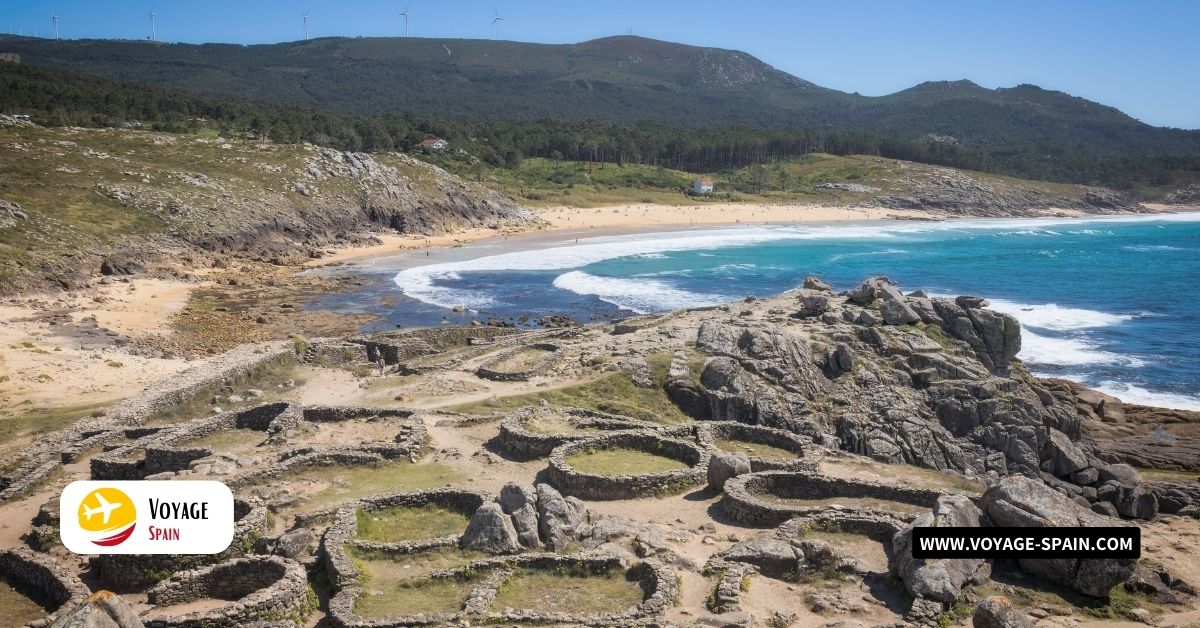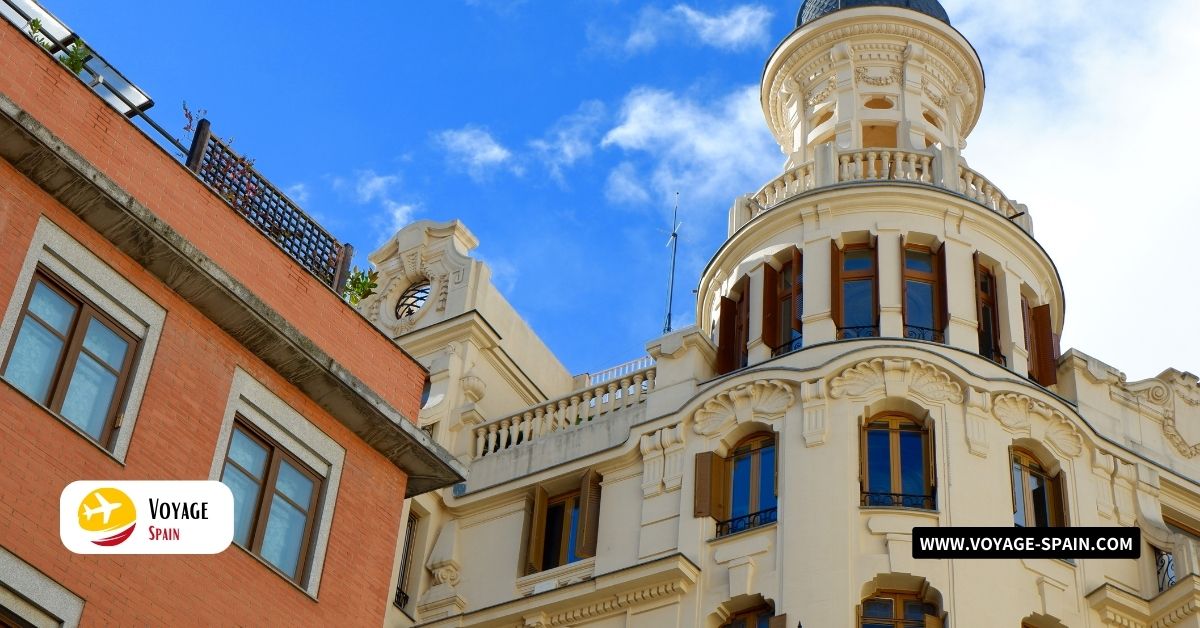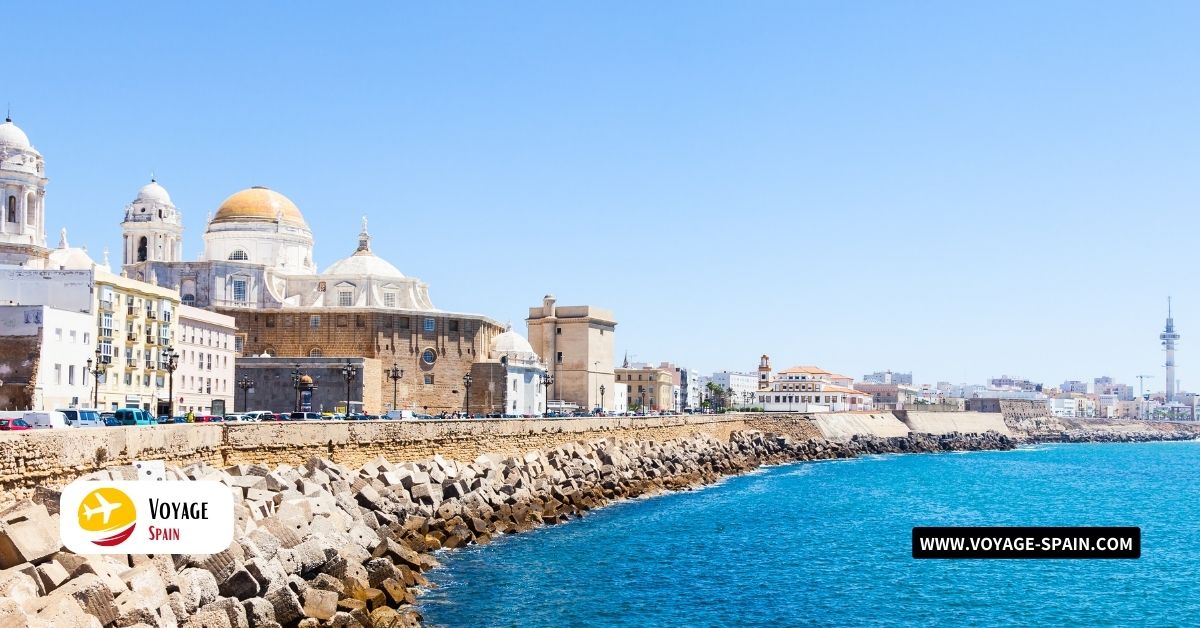Introduction
At the heart of Córdoba’s historical narrative is the Jewish Quarter, or Judería de Córdoba. This area serves as a living museum, showcasing the intertwined lives of Muslims, Christians, and Jews during the city’s golden age. With every step, visitors encounter a blend of architectural marvels and timeless traditions.
Historical Context
During the Middle Ages, Córdoba’s Jewish community flourished. It was a period of unparalleled growth in arts, science, and philosophy. The city became a cultural hub, with the Jewish Quarter at its core. Jews played a pivotal role in this intellectual renaissance, contributing significantly to the city’s vibrancy.
Their impact extended beyond culture. The Jewish community was instrumental in advancing medical knowledge, trade, and finance in Córdoba. Their scholarly works, particularly in fields like astronomy and medicine, were renowned across continents. The economic prosperity of the city owed much to their innovative approaches to commerce and finance.
However, the Reconquista dramatically altered this harmony. By 1492, the expulsion of Jews marked a turning point for the Jewish Quarter and its residents. This decree not only dispersed a community but also dimmed the cultural and economic lights of Córdoba. The once-thriving Jewish Quarter faced centuries of silence, awaiting rediscovery and recognition of its historical significance.
Architectural Highlights
Córdoba’s Jewish Quarter is not just a historical treasure trove; it’s an architectural marvel. From winding alleys to iconic buildings, every corner tells a story. Here are some spots you just can’t miss.
Calleja de las Flores
This narrow alleyway is a burst of color, famous for its flower-adorned walls. Lined with traditional whitewashed houses, it offers a picturesque view of the bell tower of the Cathedral-Mosque. The Calleja de las Flores is more than a pretty sight; it embodies the essence of Córdoba’s charm.
Córdoba Synagogue
One of Spain’s few surviving medieval synagogues, this 14th-century gem reflects Mudéjar architectural style. Its intricate Hebrew inscriptions and geometric patterns tell of a time when Jewish culture thrived in Córdoba. The synagogue served as a place of worship, study, and community gathering, marking its importance in Jewish life.
Other Notable Sites
Dive deeper into the quarter to discover homes that have stood the test of time, museums detailing Jewish history, and plaques honoring notable figures like Maimonides. Each spot offers a unique window into the past, showcasing the diverse architectural styles and the rich history of Córdoba’s Jewish community.
Cultural Significance
Jewish culture has woven itself into the fabric of Córdoba’s history, leaving an indelible mark on its cultural landscape. This influence stretches beyond the boundaries of the Jewish Quarter, infusing the city with a spirit of diversity and intellectual richness. The contributions of Jewish thinkers, physicians, and merchants have shaped Córdoba into a beacon of cultural and scientific advancement.
Traditions and innovations from the Jewish community propelled Córdoba into a golden age of philosophy and medicine. Figures like Maimonides brought forward ideas that still resonate today. The bustling markets and trade routes managed by Jewish merchants turned the city into a thriving economic center. These contributions reflect a legacy of knowledge, commerce, and interconnectedness.
Today, the Jewish Quarter stands as a testament to this storied past, playing a pivotal role in Córdoba’s contemporary identity. It’s not just a historical site but a living museum, celebrating the endurance of Jewish culture through festivals and educational programs. This quarter helps keep the story of Córdoba’s diverse heritage alive, inviting visitors and locals alike to explore its narrow streets and ancient wisdom.
Living Traditions and Modern-Day Exploration
Córdoba’s Jewish Quarter is a vibrant hub, alive with traditions that bridge the past and present. Whether you’re a history buff or a culture enthusiast, this historic area offers a unique blend of activities and experiences. Let’s dive into what makes this place a must-visit for anyone exploring Córdoba.
Cultural Festivities
Each year, Córdoba celebrates its Jewish heritage with festivals that light up the Jewish Quarter. The Sephardic Music Festival is a highlight, featuring melodies that trace back to medieval Spain. Don’t miss the chance to experience traditional dances, workshops, and exhibitions that bring Jewish history to life.
Tips for Tourists
Start with a guided tour to uncover the secrets of the Jewish Quarter. Key stops should include the Calleja de las Flores, Córdoba Synagogue, and the statue of Maimonides. For a taste of local flavors, try Sephardic dishes that combine Jewish traditions with Andalusian ingredients.
Conservation Efforts
Preserving the Jewish Quarter is crucial for maintaining Córdoba’s cultural identity. Efforts by local and international groups ensure that its buildings, streets, and stories withstand the test of time. This commitment to conservation allows future generations to explore and learn from this historic quarter.
Personal Stories and Anecdotes
The streets of Córdoba’s Jewish Quarter are not just pathways of stone; they’re woven with stories of remarkable individuals who shaped its legacy. Take Maimonides, a towering figure born here in 1135. He was more than a philosopher; his works on Jewish law and ethics continue to influence thinkers around the world. His home, now a museum, offers a glimpse into the life of a man who blended science and faith seamlessly.
Another tale is that of the mysterious letters carved into the walls of the Córdoba Synagogue. Some say these symbols were secret messages, a form of resistance and resilience. Walking through the quarter, you’re tracing the steps of artisans, scholars, and everyday people who contributed to Córdoba’s cultural tapestry.
These personal stories and anecdotes give the Jewish Quarter its soul. It’s not just about the buildings and the streets but the lives that pulsated through them. Visiting Córdoba, you’re not just seeing a place; you’re stepping into a rich narrative that continues to inspire and captivate.
Conclusion
The Jewish Quarter of Córdoba stands as a vibrant testament to the enduring legacy of its past inhabitants. Its narrow lanes and historic buildings are not just remnants of history; they are the bearers of stories, wisdom, and a cultural heritage that continues to influence the city today. This area embodies the spirit of coexistence, showcasing the rich tapestry of cultures that have called Córdoba home.
Exploring such historic sites is more than a journey back in time. It’s an opportunity to understand the complexities of history, the beauty of diversity, and the importance of preserving our shared heritage. Each corner of the Jewish Quarter offers a lesson in resilience, innovation, and the power of community.
FAQs
Q1: What Is The Jewish Quarter In Cordoba Spain?
It’s a historic area known for its narrow streets and historical significance, once the heart of Córdoba’s Jewish community.
Q2: What Were The Facts About Medieval Córdoba?
Medieval Córdoba was a major cultural and intellectual center, known for its library, diverse population, and as a meeting point for Muslim, Christian, and Jewish scholars.
Q3: What Is Cordoba Famous For?
Córdoba is famous for its Mosque-Cathedral, historic Jewish Quarter, and as a cultural and intellectual hub during the Middle Ages.
Q4: What Is The History Of The Synagogue In Córdoba?
The synagogue, dating back to 1315, was a Jewish place of worship until 1492. It has since served various purposes and is now a museum.
Q5: What Is The Historical Significance Of Cordoba?
Córdoba was a center for learning and cultural exchange, especially noted for its contributions in science, art, and philosophy during its time under Islamic rule.
Q6: What Are Some Historical Facts About Córdoba?
Córdoba was the capital of the Umayyad Caliphate, known for its advanced civilization, significant Jewish community, and the Mosque-Cathedral symbolizing its rich history.

